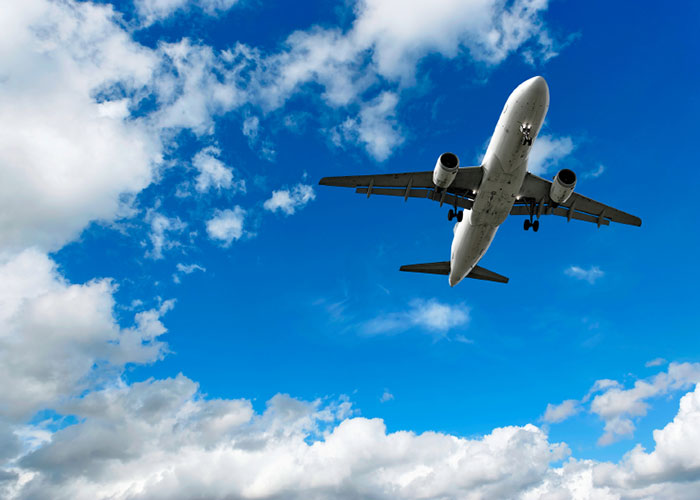Since the World Health Organization declared Covid-19 as a global pandemic on March 11, 2020 a number of countries have imposed travel bans, restrictions and advisories, including a ban on non-essential travel across the border between Canada and the United States. When that particular ban will be lifted is unknown as the pandemic still has a hold on many states in the US. Despite that Canadians have recently been invited to travel to the European Union which is welcome news for all travelers.
Also breaking is the news that as of July 1st Air Canada and Westjet will stop distancing on flights, although masks will remain mandatory. The business model of most airlines is to cram as many folks onto each flight as possible. This has been negated, as least for the foreseeable future, due to the coronavirus. Every aspect of air travel, from crowded security lines, waiting rooms and luggage carousels increase the risk of close proximity to strangers and make social distancing near impossible. As a result many people will choose not to travel until their confidence that the industry can protect them is met.
Just as 9/11 changed security measures at airports worldwide, so too will coronavirus change health protection and cleanliness procedures, that much is a given. What remains to be seen is how that will be implemented.
Some of the ideas being considered are touch free check in, infrared body scanning to check for temperatures, cleaning robots, decontamination chambers and more. This may seem like something out of a science fiction movie but many of these options are already in use in Europe and Asia, or are being tested now.
Other considerations include restricting carry on luggage, doing away with onboard drinks and snacks, and a redesign of the seating and air circulation systems. all of which will result in lower passenger numbers, increased labour and the resultant increase in costs. The low fare flight may be a thing of the past.
Last week we discussed the Canadian Passenger Bill of Rights and the impact that may have moving forward, specifically as air travel opens up. For example, they have issued a list of flight disruptions considered to be outside of the airlines controls thus not covered under the Bill of Rights such as flight disruptions due to government advisories against travel or unnecessary travel, employee quarantine or self isolation and additional hygiene or health screening. Other cancellations will be assessed on an individual basis to determine if they are within or outside of the airline’s control.
The CTA had temporarily suspended dispute resolution activities involving air carriers until June 30, 2020 to “focus on immediate and urgent operational demands.” For more information on this and other Covid-19 related issues in Canada please go to http://otc-cta.gc.ca/eng/important-information-travellers-during-covid-19.
Information regarding travel is fluctuating every day from cruise lines cancelling many of their itineraries well into the fall and the list of destinations opening or remaining closed changing daily. These uncertainties make the decision on when to travel an uncomfortable one. It is a decision that will depend on your own risk tolerance. Are you in the high risk category because of your age and health, are you comfortable mitigating the risks associated with travel using preventative measures such as mask wearing, hand sanitizing and social distancing, or will you want to wait until the risks have been substantially reduced, such as with a vaccine.
Whatever level of comfort will motivate you moving forward we do hope you will continue to travel, for as Oliver Wendell Holmes once said, “A mind that is stretched by a new experience can never go back to its old dimensions.”
And new this week, one of my travel insurance carriers has announced they will remove the coverage exclusion related to expenses associated with COVID-19 effective July 8, 2020 for Visitors to Canada and Student Medical Coverage. This is due to the containment of the coronavirus achieved by Canada. Exclusions still apply however for travelers from Canada going worldwide.
